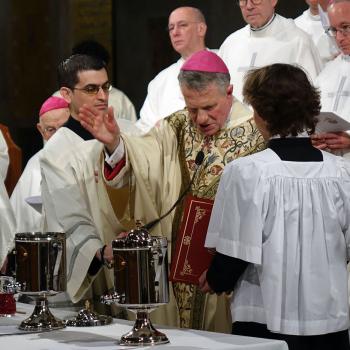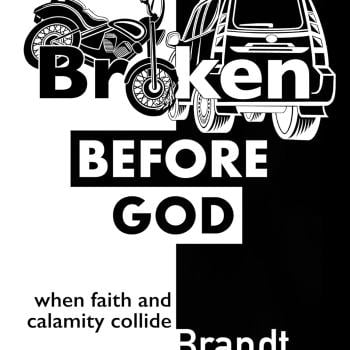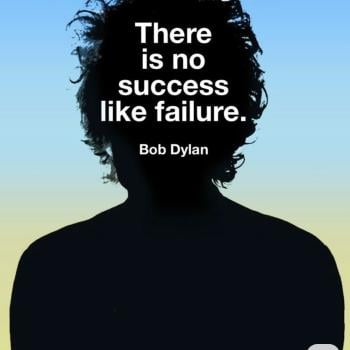The Pragmatics of Opposition and Support
On the question of whether gays are right to press for legalization and whether religious groups are right to oppose it, the Public Square presents several counter-intuitive positions.
According to Bob Ostertag, a prominent journalist and professor, marriage is the wrong "priority" for gays. "The non-normative, non-confirming beauty of LGBT culture" was once represented in its rejection of "the hegemony of the institution of marriage." Many in the younger generations of the gay community, he says, are unaware that their elders pressed for "rights" even as they spurned the need for "institutional acceptance." What must be recovered from this earlier period in the gay rights movement is the sense that no single form of relationship should be elevated over others as ideal and uniquely worthy of status and privilege.
On the other side, two writers maintain that religious conservatives are wrong to oppose gay marriage in the ways they have. Nate Oman notes that California's constitutional referendum only heightened tensions. Mormons would be wiser, he claims, to seek an amicable legislative compromise. "Legislation, produced as it is in the rough and tumble of partisan horse-trading, is unlikely to partake of the kind of total victory and total defeat represented by a court victory or a constitutional ban." Legislation also would not "enshrine the result in constitutional law, where it sits about as a possible counterweight to free speech or free exercise rights."
Likewise Tony Jones, a minister and popular writer in Evangelical circles, uses his article to upbraid Evangelicals for all the attention they devote to same-sex marriage. It has become another "shibboleth," he claims, "a particularly meaningless differentiator of persons." Opposition to same-sex marriage, though it is based on a mere seven verses in the Bible, has become the newest way for Evangelicals to define who belongs in their fold and who does not. Yet it is a "cultural" issue and not a matter of fundamental concern.
Finally, the same-sex marriage debate may be won not on the basis of arguments and tactics but on simple demographics. As Nicole Greenfield writes, underlying the polarized debate splashed across our broadsheets and television screens, the personal feelings of many of those affected are more subtle. "The general trend among younger, religiously conservative people [is] toward a greater acceptance of gay and lesbian people in their immediate social circles." These younger generations lack the "crusading ardor" of their parents when it comes to same-sex marriage, and are more likely to care about social inequalities and the environment. As she concludes, "All too often we only hear the voices of the most ardent supporters and the fiercest opponents of same-sex marriage, which means that other voices -- which are just as numerous -- tend to go unheard."





